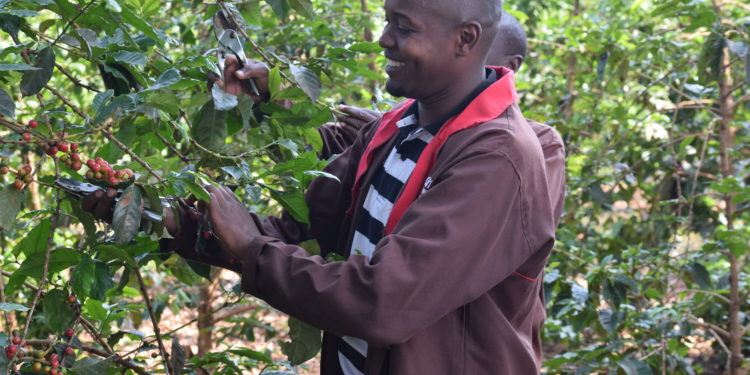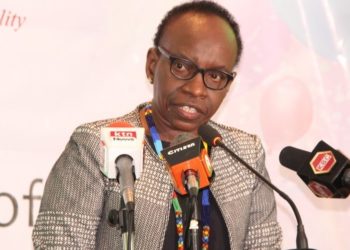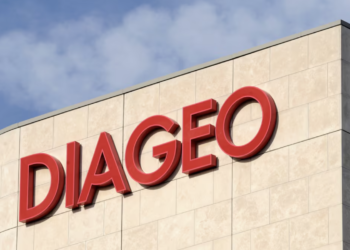Eaagads, a prominent coffee grower, experienced a remarkable 99.3% decline in sales revenue during the six months leading to September. The figures plummeted to a mere KES 1.1 million in 2023 from KES 158.9 million in 2022. This unsettling trend has been attributed to government-led reforms in the coffee sector, significantly impeding the company’s ability to engage in direct coffee sales, a practice integral to its traditional operations.
These reforms involve various responsibilities once handled by marketing agents linked to millers, now delegated to licensed brokers. These tasks include coffee classification, creating sales catalogues, and presenting coffee for auction at the Nairobi Coffee Exchange—the primary platform overseeing the trade of over 85.0% of Kenya’s coffee. Additionally, the licensing process will undergo decentralization, with local governments, the Capital Markets Authority, and the Agriculture & Food Authority individually supervising licensing procedures for milling, brokerage, and coffee purchasing.
The financial repercussions of this downturn were profound, with Eaagads reporting a net loss of KES 33.1 million, a stark contrast to the KES 37.2 million net profit recorded in the corresponding period the previous year. The company revealed that the lack of sales severely impacted its cash flow, leading it to borrow a substantial sum of KES 108.0 million to cover operational costs, ensure business continuity, and manage existing financial obligations.
Eaagads attributed the 19.0% decline in its clean coffee production, from 232 metric tonnes to 188 metric tonnes during the reviewed period, to the severe drought experienced between October 2022 and March 2023. The drought, exacerbated by irrigation restrictions and a subsequent ban on water abstraction from rivers, resulted in poor crop formation, yielding smaller coffee beans and reduced grade recoveries for milled coffee.
Despite these challenges, Eaagads expressed optimism about the future, projecting positive effects from the ongoing El Niño rains on the early crop for 2024. The company has taken proactive measures by applying for a grower miller license from the Kiambu County government, aiming to facilitate direct sales and streamline operations and sales processes.
Interestingly, Eaagads’ struggles coincide with Deputy President Rigathi Gachagua’s intensified reform campaign in the coffee sector. The government’s commitment to revitalizing the industry is evident in President William Ruto’s Executive Order Number 1 of 2023, which transferred coffee reforms to the Deputy President’s office. Proposed reforms include the introduction of a direct settlement system and several policy documents such as the Draft Sessional Paper Number 1 of 2023, the Coffee Bill 2023, the Draft Co-operatives Bill 2023, and Sessional Paper No. 1 of 2020 on the National Co-operative Policy.
The Coffee Bill specifically aims to reorganize the industry by transitioning regulatory and commercial roles from the Agriculture and Food Authority to the Coffee Board of Kenya. Additionally, it proposes transferring coffee research responsibilities from the Coffee Research Institute under the Kenya Agricultural and Livestock Research Organisation to the Coffee Board of Kenya.
















